Ethiopia is a multi-party federal democracy with legislative authority resting with the government headed by an executive prime minister and the elected House of Representatives (547 members) and the House of Federation (110 members). The Prime Minister is chosen by the party in power following multi-party democratic national and federal state elections which are held every five years. Parties can be registered at either the national or the federal state level. The President is elected by the members of the House of People’s Representatives.
Capital City
Addis Ababa, one of the two chartered cities in the Federation, is the seat of the Federal Government. It is the largest city in the country with a population of 2.7 million at the 2007 census (estimated at 3.2 million in 2011). It lies on the central plateau at an altitude of 2300-2400 meters, and with an average temperature of around 160C.
Addis Ababa, founded in 1887, is host to the African Union (AU) and to the United Nations Economic Commission for Africa (ECA). Several other international organizations have their headquarters and offices there. It the seat of the Federal Government, the House of Representatives and the House of Federation, as well as country’s center of commerce and industry.
The Council of Ministers
According to Article 76 of the Constitution of the Federal Democratic Republic of Ethiopia, the Council of Ministers is accountable to the Prime Minister. In all its decisions, the Council of Ministers which comprises the Prime Minister, the Deputy Prime Minister, Ministers and other members as may be determined by law, are responsible to the House of People’s Representatives. The power and functions of the Council of Ministers is stipulated in Article 77 of the Constitution.
Per Proclamation No. 1097/2018, defining the power and duties of the executive organs of the Federal Democratic Republic of Ethiopia, the following Ministries are established:
H.E. Sahlework Zewde
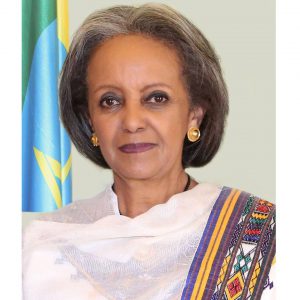
H.E. Abiy Ahmed Ali (PhD)
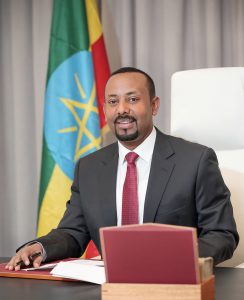
H.E. Tagese Chafo
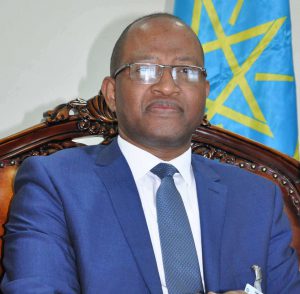
H.E. Demeke Mekonnen
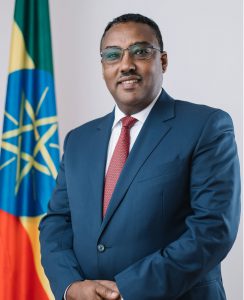
H.E. Binalf Andualem
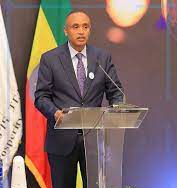
H.E. Abrham Belay (PhD)
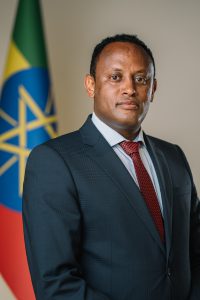
H.E. Demeke Mekonnen

H.E. Ahmed Shide
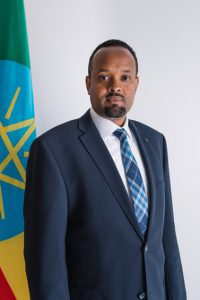
H.E. Gedion Timotheos (PhD)
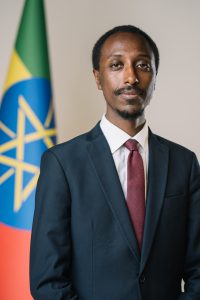
H.E. Omer Husen
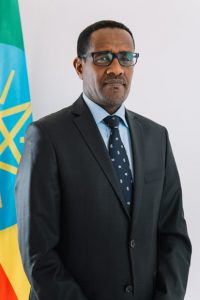
H.E. Melaku Alebel
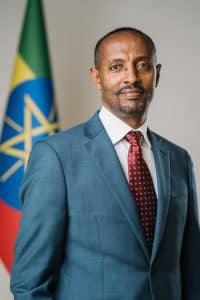
H.E. Bellete Molla
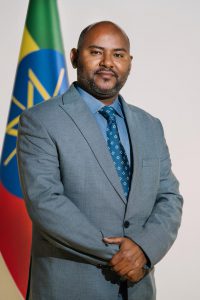
H.E. Dagamawit Moges
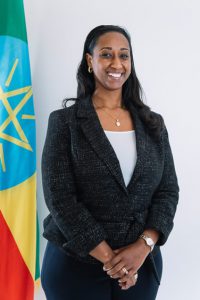
H.E. Chaltu Sani
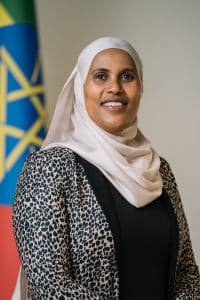
H.E. Habtamu Itefa
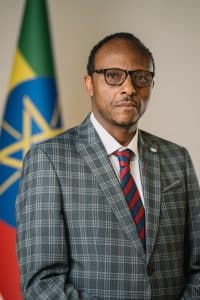
H.E. Eng. Takele Uma
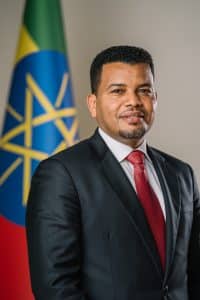
H.E. Birhanu Nega (PhD)
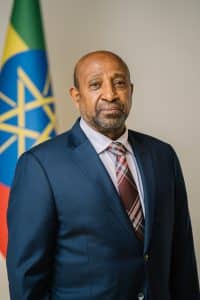
H.E. Dr. Liya Tadesse
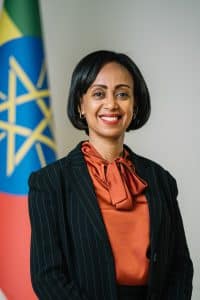
H.E. Ergogie Tesfaye (PhD)
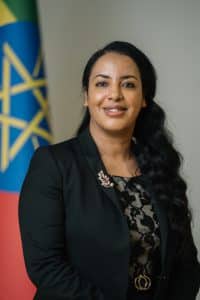
H.E. Muferiat Kamil
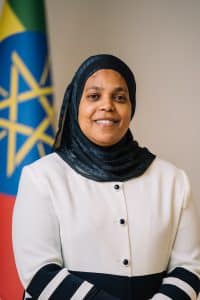
H.E. Kejela Merdasa
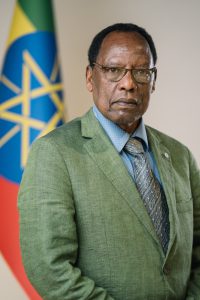
H.E. La’qe Ayalew
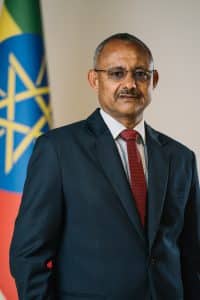
H.E. Fitsum Assefa (PhD)
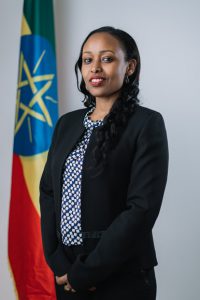
Regional State Governments with Capitals and Two City Administration:
- Capital City
- Semera
- Capital City:
- Bahr-Dar
- Capital City:
- Asossa
- Capital City:
- Gambella
- Capital City:
- Harari
- Capital City:
- Finfinnee (Addis Ababa)
- Capital City:
- Jijiga
- Capital City:
- Hawassa
- Capital City:
- Mekelle
- Capital City:
- Hawassa
- Addis Ababa
- Dire-Dawa
